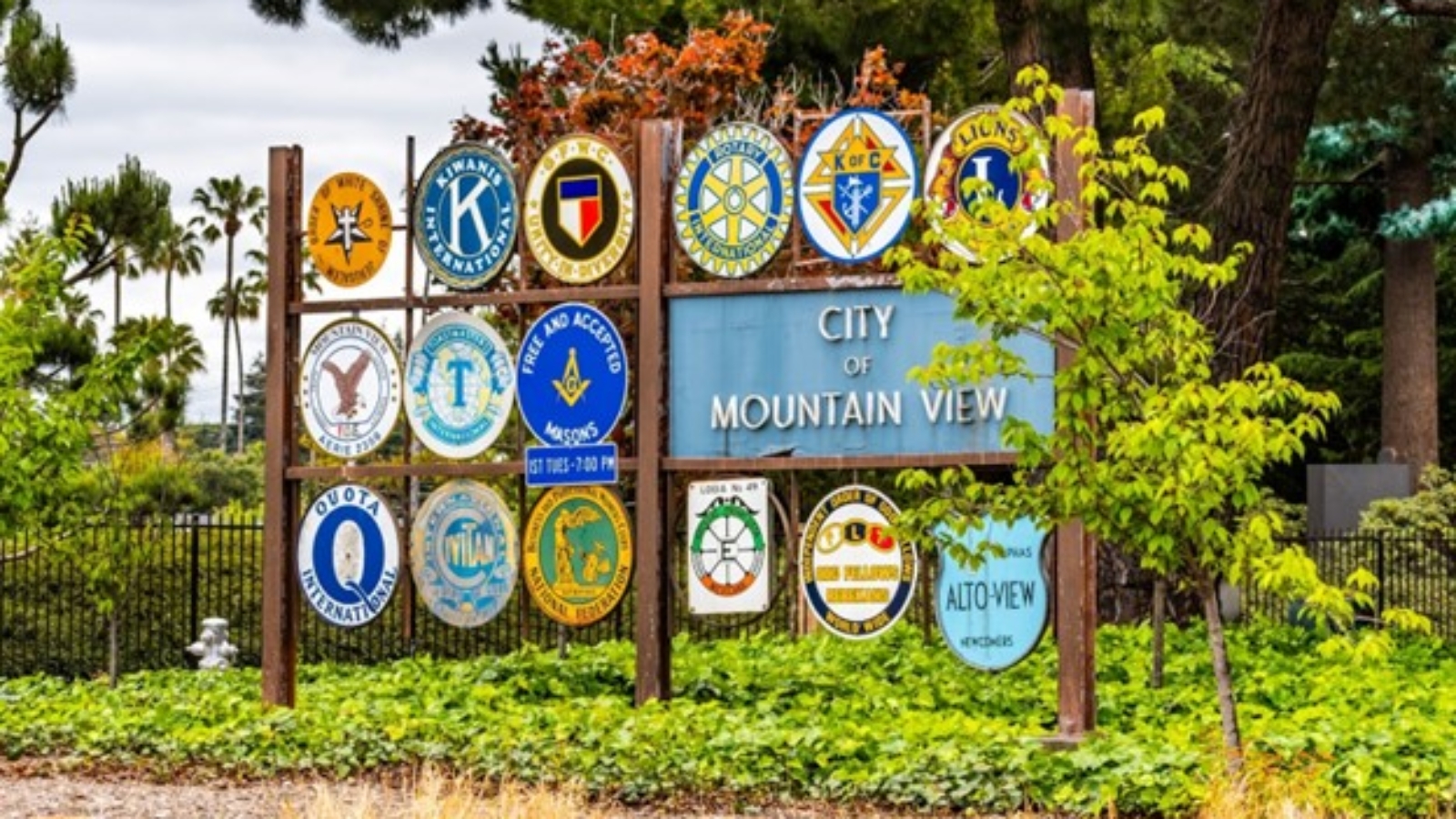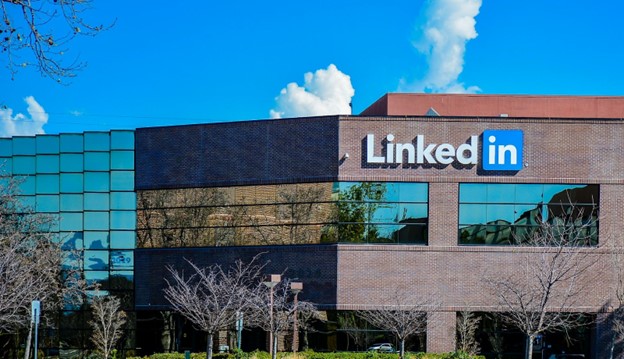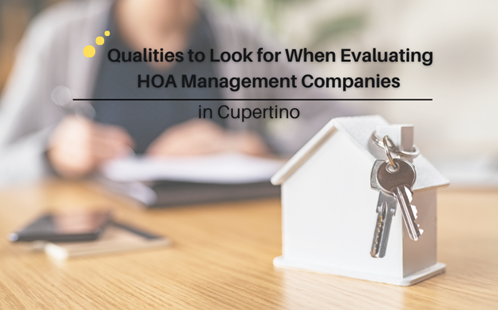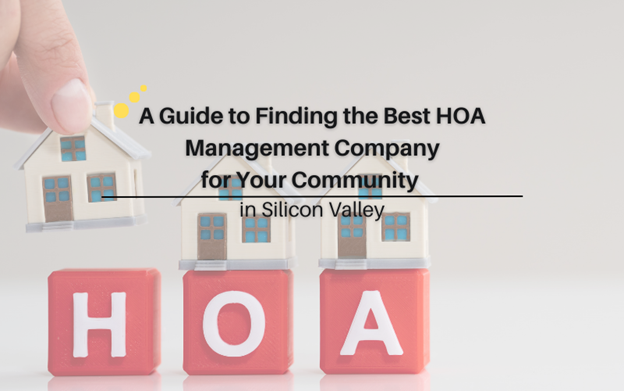
Palo Alto, a city synonymous with innovation and cultural richness, presents a unique landscape for homeowner associations (HOAs). Nestled in the heart of Silicon Valley, it’s a community where the fusion of technological advancement and suburban charm is evident. In such an environment, effective HOA management plays a critical role in maintaining the balance between preserving the city’s rich heritage and embracing its forward-looking ethos.
Enter Intempus, a distinguished name in the realm of homeowner association management, renowned for its adept handling of the diverse needs of Palo Alto’s communities. With an approach that respects the city’s unique blend of tradition and innovation, Intempus stands as a pivotal player in elevating the standards of HOA management in Palo Alto. Their expertise is not just in managing properties but in nurturing the essence of community that makes Palo Alto so distinctive.
Discover how Intempus enhances HOA management in Palo Alto.
Local Expertise of Intempus in Palo Alto
In Palo Alto, where each community possesses its unique character and challenges, the value of a local HOA management company like Intempus cannot be overstated. Their in-depth understanding of Palo Alto’s specific community needs, regulatory landscape, and cultural nuances positions them as an invaluable asset. This local expertise is the cornerstone of their ability to provide tailored management solutions that resonate deeply with the communities they serve.
Intempus’s local knowledge extends beyond mere familiarity with the area. It encompasses a profound understanding of the city’s evolving dynamics, enabling them to adeptly navigate the challenges unique to Palo Alto’s HOAs. From addressing the specific needs of historic neighborhoods to managing the demands of newer developments, Intempus’s nuanced approach ensures that every community receives the highest level of care and attention.
Contact Intempus for knowledgeable local HOA management in Palo Alto.
Comprehensive HOA Management Services
The comprehensive range of HOA management services offered by Intempus caters to every aspect of community living in Palo Alto. Their full-service approach spans the gamut from administrative tasks and financial oversight to maintenance and resident relations, ensuring a well-rounded management experience. This holistic strategy is particularly beneficial in Palo Alto, where the expectations for community living are high, and the preservation of community values is paramount.
Intempus’s services include effective communication systems, meticulous financial management, proactive maintenance programs, and strategic planning. By managing these diverse responsibilities, Intempus relieves HOA boards of the daily operational burdens, allowing them to focus on broader community objectives. The result is a more harmonious and efficiently run community, where residents feel valued and satisfied.
Explore Intempus’s complete HOA management services for Palo Alto.
Tailored Solutions for Diverse Palo Alto Communities
Recognizing that Palo Alto’s charm lies in its diversity, Intempus offers tailored HOA management solutions to meet the unique requirements of each community. Whether it’s managing the quaint charm of a condo association or the complex needs of a large residential community, Intempus’s approach is always personalized. This bespoke service is critical in Palo Alto, where the range of housing styles and community structures requires a flexible and attentive management style.
For condo associations, Intempus might focus on aspects like common area maintenance and specialized community events, ensuring that these smaller communities receive the attention they deserve. In contrast, larger residential areas might require a more comprehensive approach, including landscape management, extensive administrative services, and community engagement programs. Regardless of the community type, Intempus collaborates closely with HOA boards to align their services with the community’s specific needs and aspirations.
Get a custom HOA management solution from Intempus for your Palo Alto community.

Innovative Technology in HOA Management
In a city that stands at the forefront of technological innovation, Palo Alto’s HOA management demands a similar level of technological sophistication. Intempus rises to this challenge by embedding cutting-edge technology into the fabric of its management services. This integration of technology transforms the traditional approach to HOA management, offering unparalleled efficiency, transparency, and ease of use.
Intempus harnesses a suite of advanced tools and software designed to streamline every aspect of HOA management. From digital platforms for communication and collaboration to automated systems for financial tracking and reporting, they employ technology to facilitate a seamless management experience. This approach not only simplifies administrative tasks but also provides residents and board members with real-time access to important information and updates, fostering an environment of transparency and trust.
The use of technology also extends to maintenance and property management, where Intempus utilizes sophisticated systems to track, schedule, and manage maintenance tasks efficiently. This ensures timely attention to property needs, enhancing resident satisfaction and preserving the value of properties under their care.
Experience innovative HOA management with Intempus’s advanced technology in Palo Alto.
Affordable HOA Management Solutions
Balancing affordability with quality is a hallmark of Intempus’s approach to HOA management, especially relevant in the economically diverse community of Palo Alto. Intempus understands that each HOA has unique financial constraints and tailors its services to offer the most cost-effective solutions without compromising on quality. This commitment to affordability ensures that all types of communities, regardless of size or budget, can access top-tier management services.
By optimizing operational efficiencies and leveraging technology, Intempus delivers cost-effective management solutions. They provide a transparent pricing structure, ensuring that HOAs are aware of their financial commitments upfront, without any hidden costs. This approach not only aids in budget planning but also assures associations that their funds are being managed wisely, maximizing the value of their investment in HOA management services.
Choose Intempus for value-driven and affordable HOA management services in Palo Alto.
Fostering Community Engagement and Relationships
Intempus places a strong emphasis on building and nurturing community relationships in Palo Alto. They understand that the essence of a successful HOA lies in a vibrant and engaged community. To this end, Intempus develops and implements strategies aimed at fostering a sense of community among residents, encouraging participation, and enhancing communication.
Through organized events, community meetings, and regular communications, Intempus creates opportunities for residents to connect with each other and with the management. These interactions are crucial in building a strong community spirit, leading to a more harmonious living environment. Intempus also encourages resident feedback and involvement in decision-making processes, ensuring that the community’s voice is heard and valued.
Strengthen your Palo Alto community bonds with Intempus.
Choosing Intempus for Palo Alto HOA Management
Choosing Intempus for HOA management in Palo Alto is a decision that brings a blend of professional expertise, innovative technology, and a deep understanding of community dynamics. Their comprehensive and tailored approach to HOA management ensures that every aspect of community living is handled with care and precision. From leveraging advanced technology to foster efficient management to their commitment to building strong community relationships, Intempus sets the standard for HOA management in Palo Alto.
Intempus’s dedication to providing affordable, high-quality management solutions reflects their understanding of the diverse needs of Palo Alto communities. For HOAs seeking a management partner that aligns with the innovative spirit and community-focused ethos of Palo Alto, Intempus is the ideal choice.
Partner with Intempus for unparalleled HOA management services in Palo Alto.








 Financial Management and Transparency
Financial Management and Transparency




